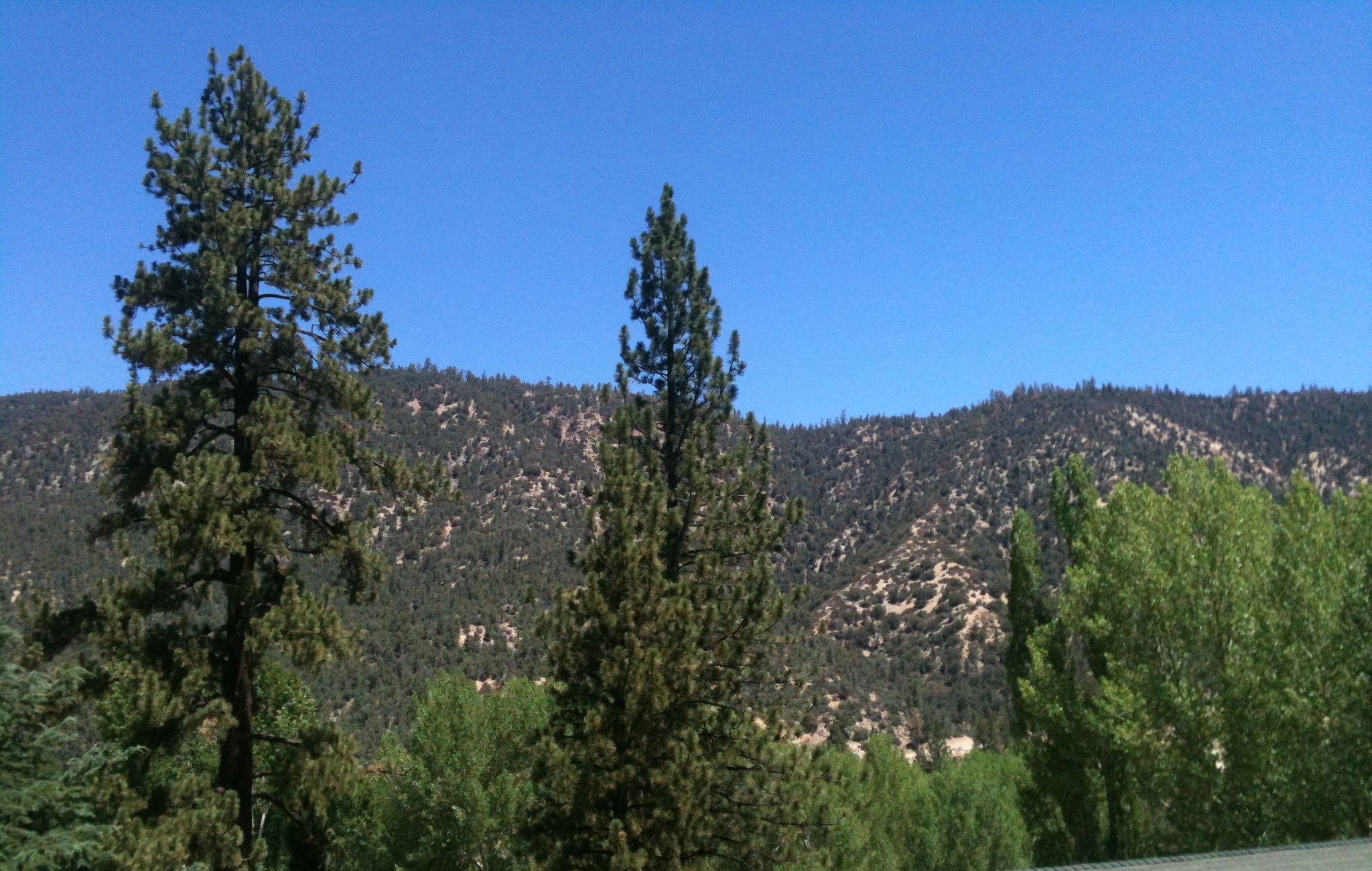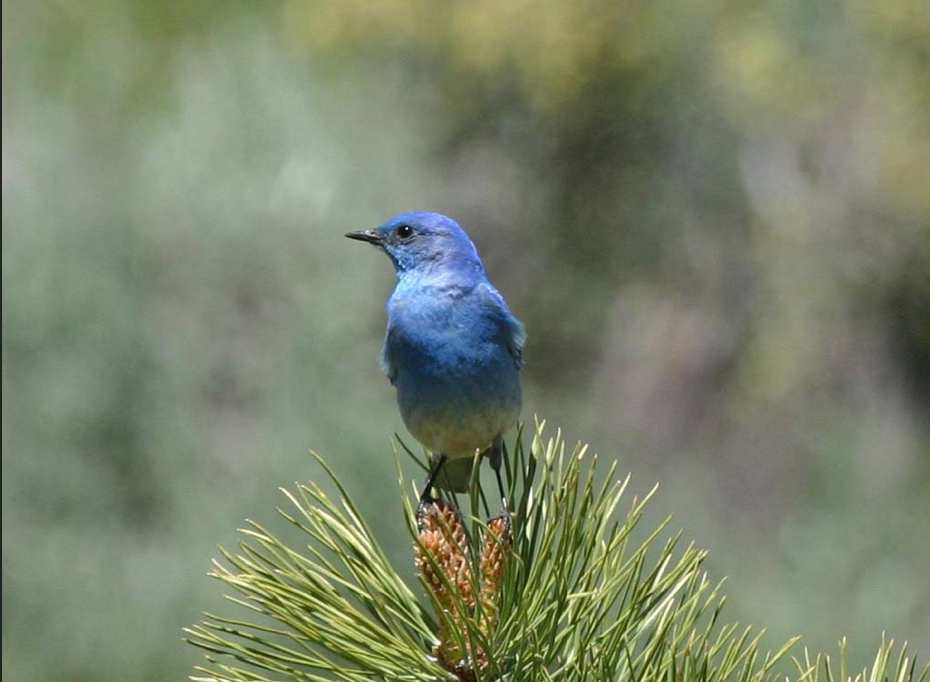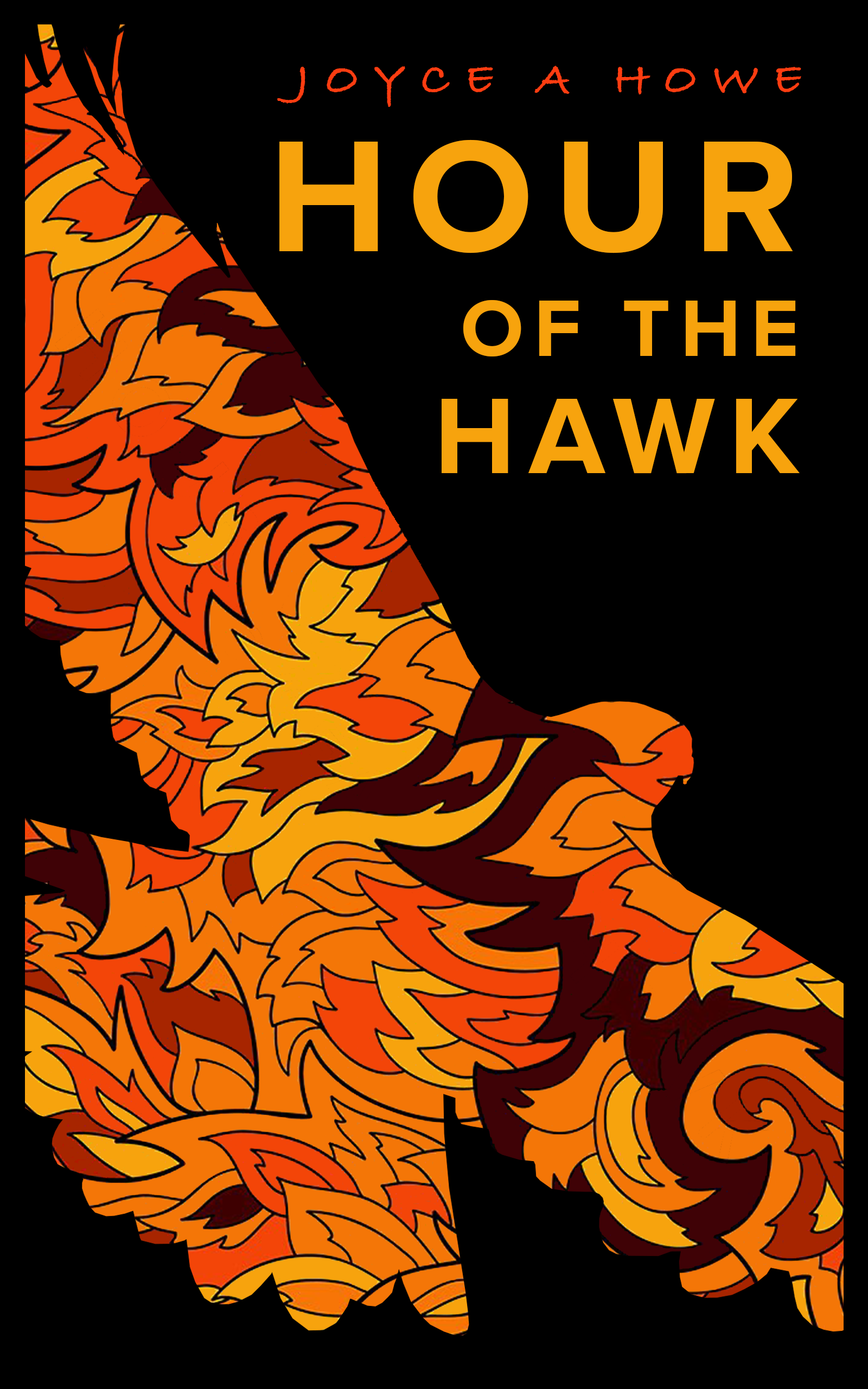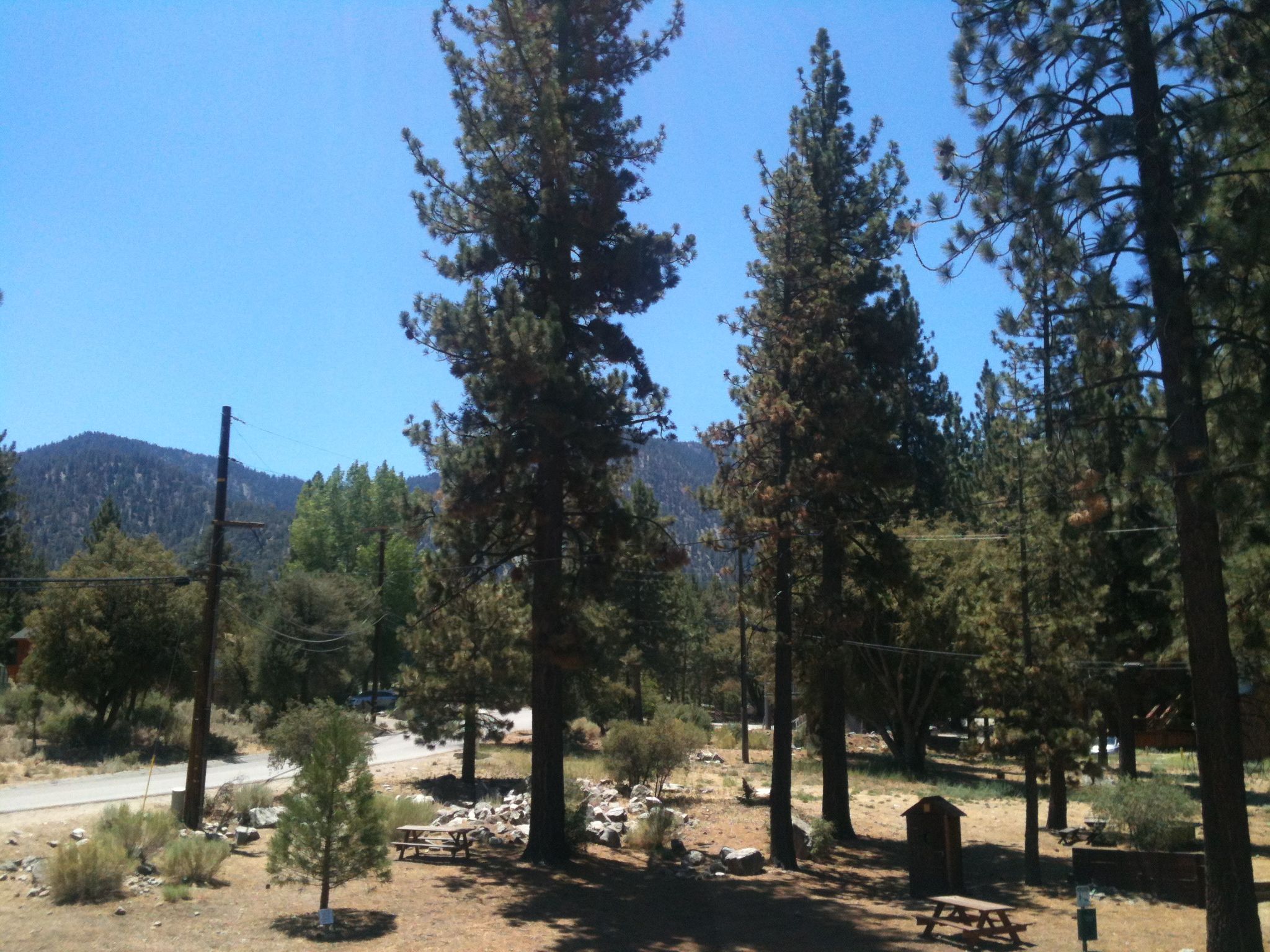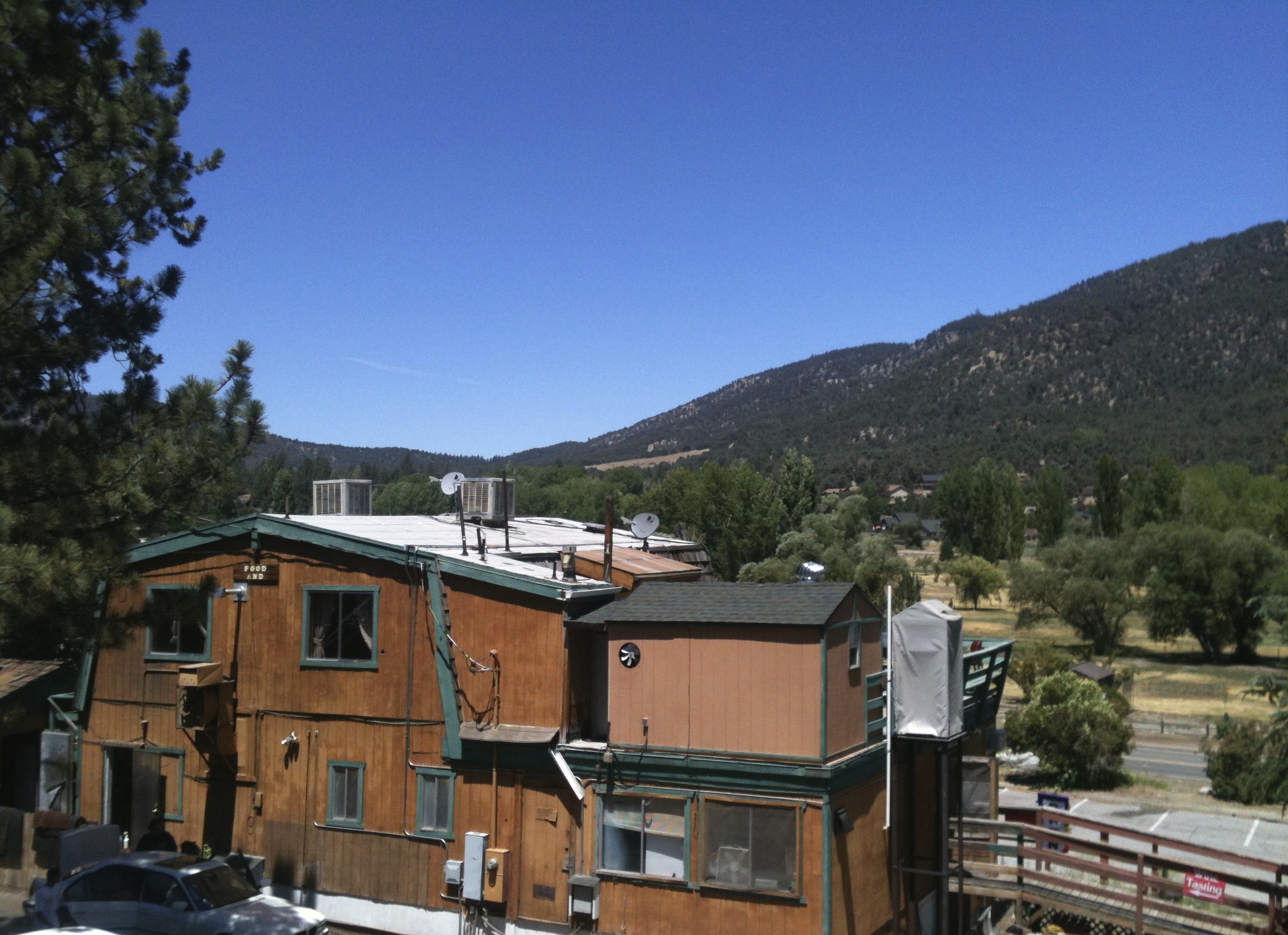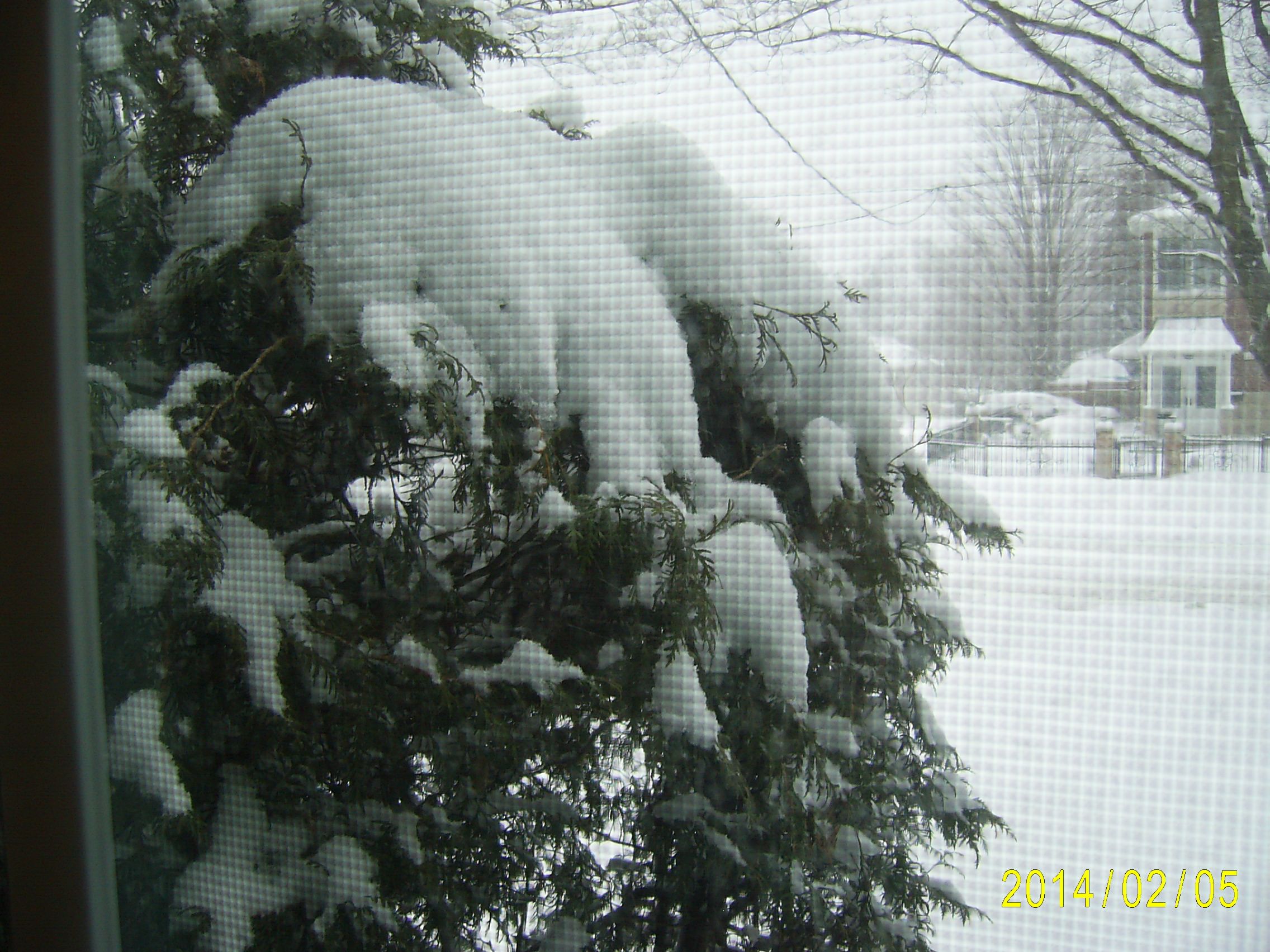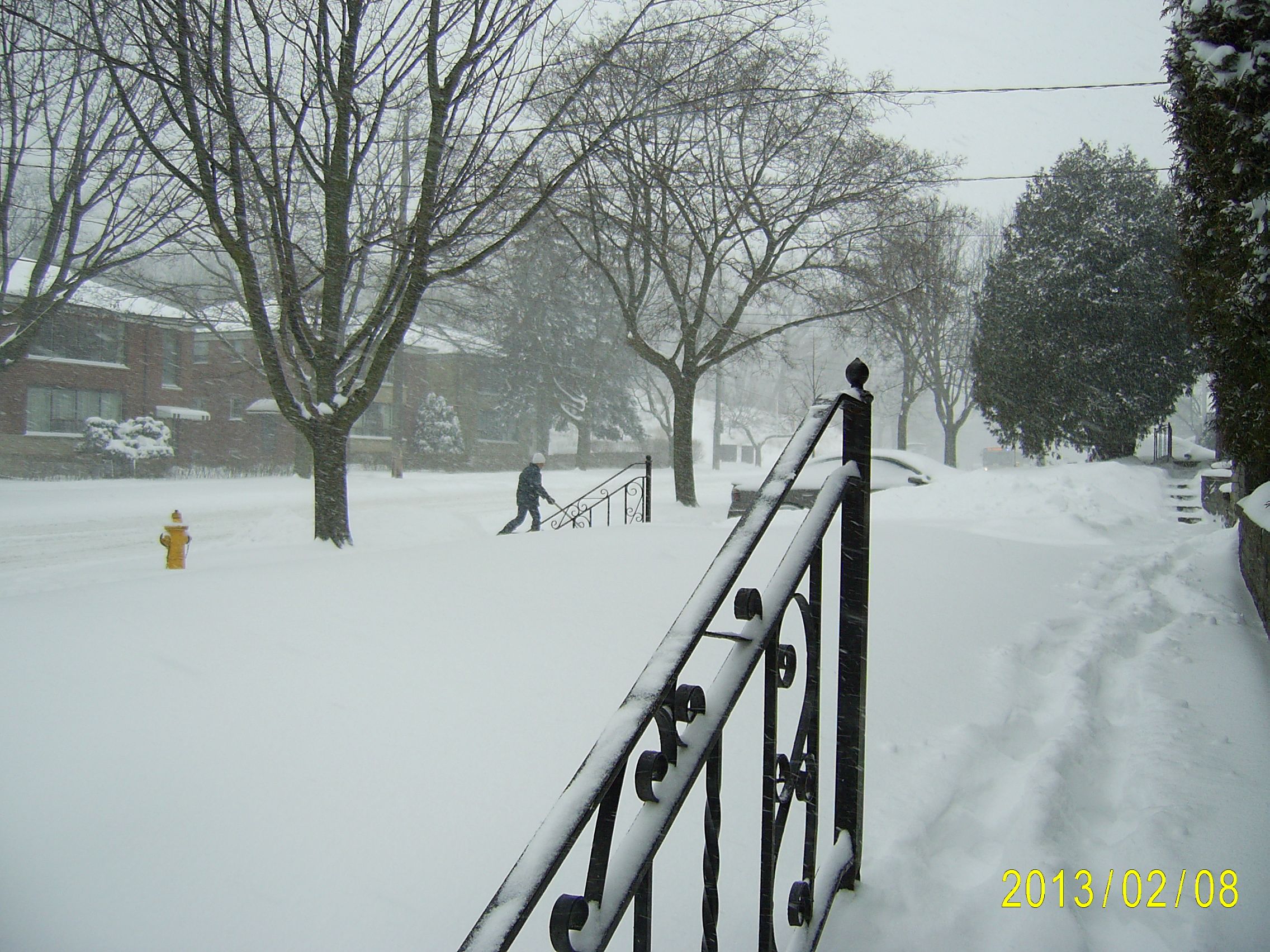
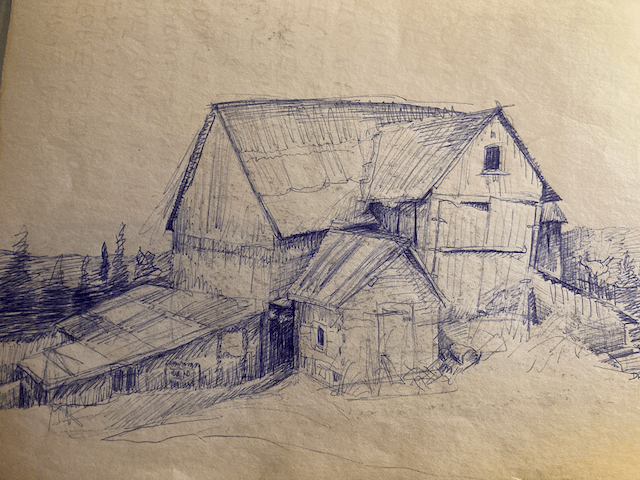
PROLOGUE
Until my father died, I had almost no memory of my childhood. My remote past was like a country landscape after a heavy snowfall. There were a few barely recognizable humps and bumps around which I embroidered fragmentary anecdotes, but no extensive narrative.
I thought this was normal.
It’s true that from time to time my present life made no sense either. There was, for example, a conversation with my mother when I was in my thirties. I was with her in her and my father’s bedroom. The jewellery box was open and I saw a tiepin lying on their dresser. I picked it up and read aloud, “Knight of the Temple Mater”.
“It’s your father’s of course. From his club. Rod can get Blake into his club, but you can’t keep putting it off.”
Putting it off, I wondered, since when.
“Blake doesn’t join clubs,” I replied. I knew that much about my husband. He hated what he regarded as the herd mentality.
I put the pin down and passed on to the beads hanging out of the jewellery box, more or less oblivious to my mother’s urgent pleading that it was now or never and did I know what I stood to lose.
I had no idea and continued to have no idea until thirteen years after her death and six months after Rod’s. I was fifty-one by then.
Suddenly the past unrolled from my subconscious in high definition and Dolby sound, scene after scene, complete with word-by-word dialogue. And it wasn’t just me. My two sisters and my nieces were also in the grip of inner horror movies. My son had less specific flashbacks although no less disquieting. Only my daughter in Los Angeles and my brother in Brussels seemed immune.
At the time, none of us was in therapy and we seldom saw each other, so no one was planting ideas in our heads, but when desperation drove us to consult each other, we discovered that we had separately remembered the same scenes. Ultimately four of us had our heads read. That is we were tested at great expense by a clinical psychologist and pronounced sane. Eight years later six of us received compensation from the Ontario Board of Criminal Injuries.
The Temple Mater – the Mother Temple – apparently, was incapable of continuing the mind control that its knight had so effectively wielded while he lived.
I have set down what I remembered of my life until I was eighteen. My amnesia did not end there, for there was much about my adult life that had been lost to me as well. Indeed, it became apparent that my alter ego, Delano, conducted a whole other secret life in the middle of the night, in which she served the old mother temple as assiduously as Rod ever had if more benignly. But that is a story for another time.
Epilogue
I am talking to the hens in bright sunshine in the barnyard, barely taller than they are in my three-year-old body. They are big and white and full of chatter as they step around me, sometimes raising their voices as if they were asking me a question. I call them by the names I have given them inquiring about their health and whether they have laid an egg today and they answer me when I speak to them. The little brown banty hens are too busy hunting for corn I have scattered to speak. The rooster is otherwise occupied up on the roof of the henhouse.
Then I hear my name and looking up, I see my daddy at the barn door, beckoning me.
“He’s here, Joy. He’s here. Come quick.”
I drop the corn and rush to the barn. My father takes my hand and leans down to whisper, “Be very quiet and move slowly.”
He walks with me slowly and softly down the aisle behind the empty cow stalls. I crane my neck to see. We stop when we can see the dish on the floor beside the cow door. It is put there, filled fresh after every milking, for the cats.
There, flicking its long tongue into the milk is a little green garter snake.
I Trust You to Kill Me
Set in 2120 In Colombia, this tale of survival as the climate worsens, this story of a functioning
family will warm your heart in the holiday season. Available in hard cover, paperback and e-book from Kindle.
To win a free e-book of Never Tell or I Trust You to Kill Me, please go to joyce@joycehowe.com and leave your email address
Never Tell
a memoir of a cult daughter shows how resilient children can be.
e-book available. paperback and hard cover coming soon




